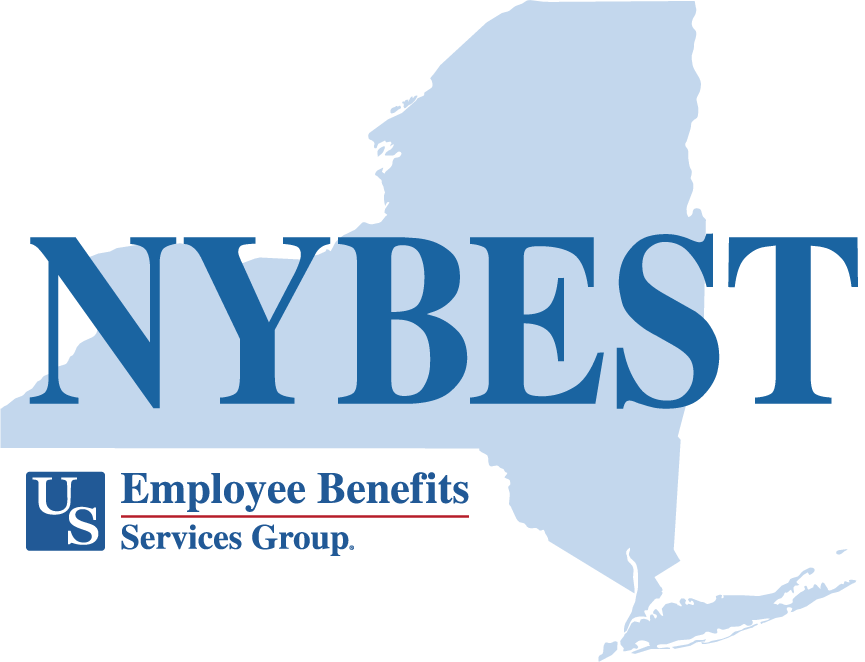Fewer employees are confident that they understand how their health care plans work in 2023 than last year, according to the 2023 Healthcare Literacy Report by Optavise. Notably, this confidence is linked to satisfaction; 90% of employees who said they were extremely confident they understood their plan reported plan satisfaction, compared to just 13%-14% of employees who weren’t confident at all. Investing in employees’ benefits education can reduce health care costs for employers and employees and increase employee satisfaction and engagement.
“Employees still are not getting the information they need to make informed choices about their health care coverage or how to use that coverage effectively” -Optavise’s 2023 Healthcare Literacy Report.
Of more than 1,000 surveyed U.S. workers, 35% reported teaching themselves about terms and processes by going online or reading other materials. Nearly half (46%) reached out to friends, family and co-workers for benefits information, although these people are unlikely to be benefits experts. Additionally, just 27% of surveyed employees said they received their information from their employer’s HR team. This is a decrease from 30% in 2022 and the lowest percentage reported in the past four years.
Knowledge gaps were greatest in education, retail and manufacturing industries. They were also significantly correlated to age. Unsurprisingly, generations with more experience in the workforce and with benefits decisions had a greater understanding of benefits. On average, 80% of baby boomers reported knowing key health care terms (e.g., premium, deductible and copay), compared to 76% of Gen X, 68% of Millennials, and 60% of Gen Z.
Employer Takeaway
Employers play a crucial role in helping employees understand and select health care benefits. The survey found that employers most commonly provided health care information via online resources (63%), printed materials (49%) and emails (44%). However, just 68% of employees reported online resources to be very or extremely helpful and less than half (49%) found emails very or extremely helpful compared to one-on-one conversations (80%). Group or one-on-one sessions with HR experts can greatly improve employees’ health literacy. They also increase the likelihood that employees will supplement employer-sponsored coverage with voluntary or buy-up coverage.
Additionally, the survey found that employees were more likely to examine their existing coverage and add coverage to fill gaps when they were required to reenroll every year. Employers should educate employees on how to review their coverage, compare medical costs and check medical bills for inaccuracies to increase employee confidence, literacy and satisfaction.
